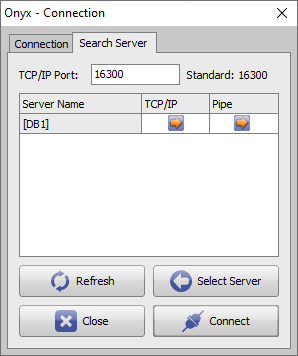Table of Contents
TCP/IP vs. Named Pipes
In a fast local area network (LAN) environment, Transmission Control Protocol/Internet Protocol (TCP/IP) Sockets and Named Pipes clients are comparable in terms of performance. However, the performance difference between the TCP/IP Sockets and Named Pipes clients becomes apparent with slower networks, such as across wide area networks (WANs) or dial-up networks. This is because of the different ways the interprocess communication (IPC) mechanisms communicate between peers.
TCP/IP
For TCP/IP Sockets, data transmissions are more streamlined and have less overhead. Data transmissions can also take advantage of TCP/IP Sockets performance enhancement mechanisms such as windowing, delayed acknowledgements, and so on, which can be very beneficial in a slow network. Depending on the type of applications, such performance differences can be significant.
TCP/IP Sockets also support a backlog queue, which can provide a limited smoothing effect compared to named pipes that may lead to pipe busy errors when you are attempting to connect to SQL Server.
Named Pipes
For named pipes, network communications are typically more interactive. A peer does not send data until another peer asks for it using a read command. A network read typically involves a series of peek named pipes messages before it begins to read the data. These can be very costly in a slow network and cause excessive network traffic, which in turn affects other network clients.
It is also important to clarify if you are talking about local pipes or network pipes. If the server application is running locally on the computer running an instance of Microsoft SQL Server™ 2000, the local Named Pipes protocol is an option. Local named pipes runs in kernel mode and is extremely fast.
In general, sockets are preferred in a slow LAN, WAN, or dial-up network, whereas named pipes can be a better choice when network speed is not the issue, as it offers more functionality, ease of use, and configuration options.


